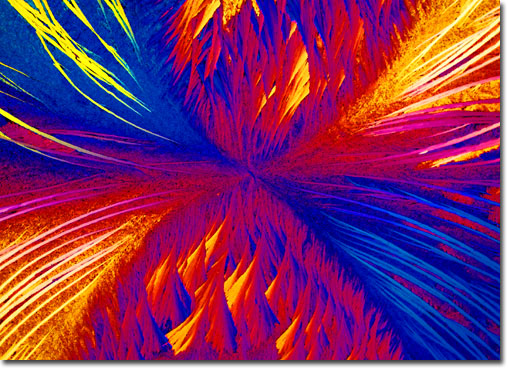|
Amygdalin is a naturally occurring glycoside that was originally isolated from apricot pits by the famous biochemist Forest T. Krebs in the 1920s. Other sources include the seeds and pits of apples, cherries, peaches, plums, almonds, papaya, and nectarines. An unusual feature of this carbohydrate is the presence of a cyanide substituent that yields HCN upon hydrolysis by intestinal bacteria. The more common name for amygdalin is "laetrile" and many investigations have been conducted to determine the potential anti-cancer activity of amygdalin. For the most part, it has been found that amygdalin is devoid of any significant activity against tumor cells and can be lethal if ingested in excessive amounts. Ernst Krebs conducted many of the anti-cancer studies of amygdalin and he ultimately named the compound vitamin B-17, although there is no established metabolic need for amygdalin and none of the common vitamin deficiency symptoms occur when this chemical is excluded from the diet of humans.
|
